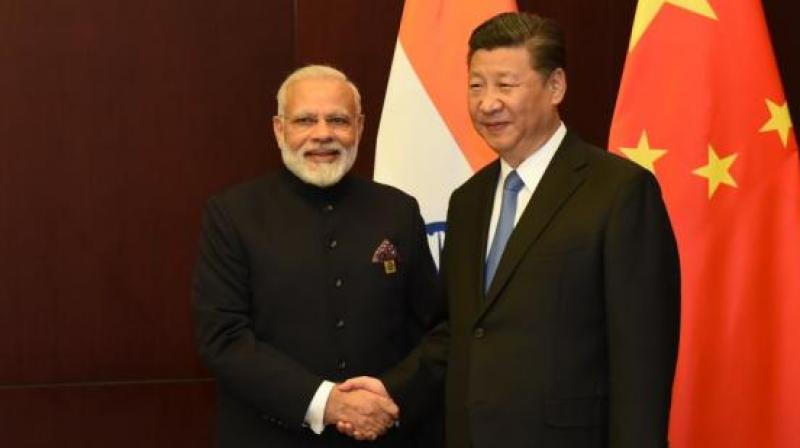If Wuhan meet works, that's the way forward

The “informal summit” that Prime Minister Narendra Modi will have with China’s President Xi Jinping in Wuhan — away from the formal protocols and structured diplomacy that one may expect in Beijing — later this week (April 27-28) is a positive development. Regardless of the outcome, it is a case of planned innovation for which the two countries have reportedly worked since September last year. Pakistani leaders like Gen. Zia-ul Haq and Asif Zardari have arrived in this country with suddenness. Prime Minister Narendra Modi’s trip to the home of Pakistan PM Nawaz Sharif in Lahore in December 2015 was also of a similar type.
These informal India-Pakistan interactions were not the result of months of planning and crafting that both sides worked for in order to have an opportunity for a series of discussions between the principals aimed at avoiding trigger-like situations (like the 73-day Doklam standoff) and also having the chance to gain a better understanding of each other’s concerns and place in the world and the region. Western countries have informal meetings all the time among themselves as well as with close allies such as Japan, South Korea and Israel. In such consultations, there is no pressure or expectation to reach any immediate results, and agreements are not placed on the anvil.
The unique aspect of the coming Wuhan contact is that it is taking place between two important neighbouring nations that have a lot of baggage between them, not much shared political understanding, but scope for extraordinary mutual benefit if they can optimise their economic, trade and investment potential and crack the boundary conundrum.
If success is registered in any measure or form, India may well find it worthwhile to engage with its other neighbours in a similar manner — outside formal summitry protocols so that leaders may bring up all issues in a relaxed, informal setting without any fear of losing face. Wuhan certainly appears to mark a much-needed innovation. China’s foreign minister Wang Yi has gone on record saying the informal summit between Mr Modi and Mr Xi marks “a new beginning”. It is literally going to be that, if viewed as an innovation. Chinese vice-foreign minister King Xuanyou reportedly said on Tuesday that the Doklam standoff was caused by a lack of trust between the two countries, and that the informal summit in picturesque Wuhan will provide the top leaders of India and China an opportunity for “heart-to-heart” discussions.
We should hope for that and also hope that the discussions at Wuhan will be followed by similar meetings between the leaders of India and China periodically, specially when a political push is required to cut through the bureaucratic tangles. Mr Xi is now President for life and he may be called upon to engage with several Indian Prime Ministers in the foreseeable future.

